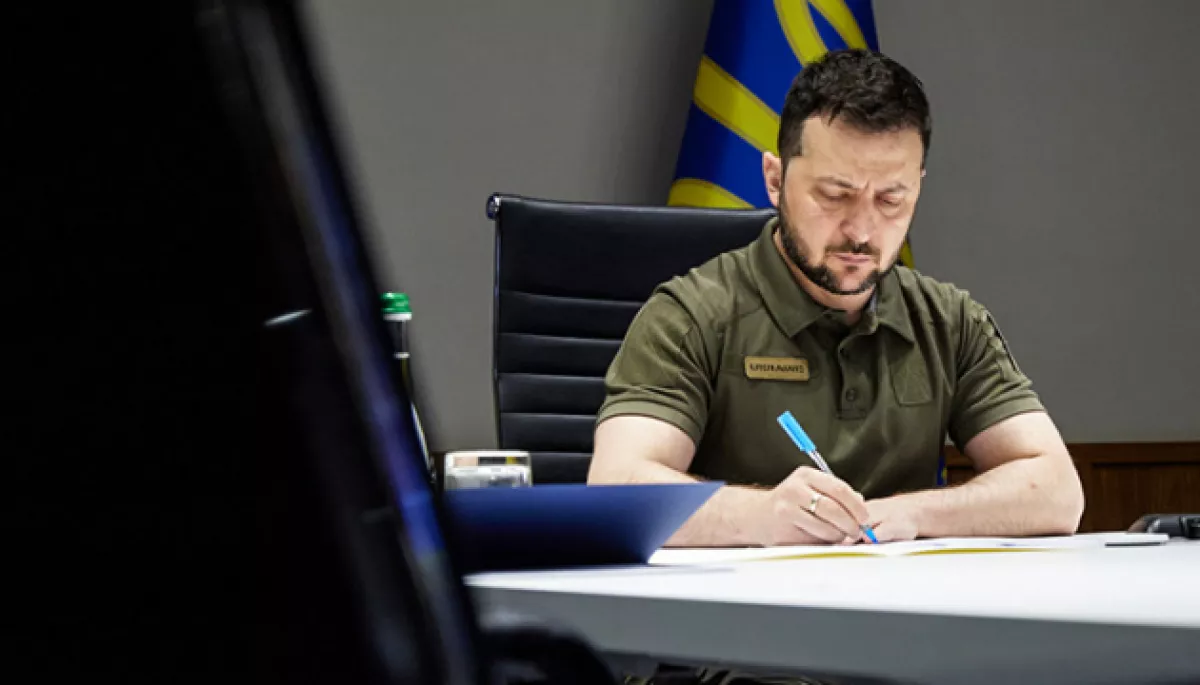The President of Ukraine has signed a law changing the system of subordination of the National Anti-Corruption Bureau and the Specialised Anti-Corruption Prosecutor’s Office. From now on, these structures will be under the procedural control of the Prosecutor General. The relevant information appeared in draft law No. 12414 on the Verkhovna Rada website, disappeared shortly after publication, and was then restored.
The document provides for the transfer of all procedural powers of the head of the SAP to the Prosecutor General. This includes the right to exercise procedural control over NABU cases, sign suspicions, resolve disputes over jurisdiction, close proceedings without the consent of the SAP prosecutor, access cases or transfer them to other prosecutors. In addition, the Prosecutor General, appointed without competition, will have a monopoly on signing indictments against top officials, including the leadership of the President’s Office, government officials and their deputies.
A separate provision establishes the possibility of conducting searches of premises without a warrant from an investigating judge if there is a need to immediately seize or preserve evidence.
It should be recalled that the Verkhovna Rada adopted this law on 22 July during the consideration of a draft law on the specifics of investigating criminal offences during wartime. During the voting process, deputies made amendments that changed the balance between anti-corruption bodies and the Prosecutor General’s Office.
After the document was passed, protests took place in Kyiv, Odesa, Lviv, Uzhhorod, Dnipro, and Sumy. The RPR coalition called on the president to veto the law, but it was signed anyway. At the time of publication, there were no official comments from the president or his press service.
European Commission spokesman Guillaume Mercier has already commented on the situation. He noted that the European Union is concerned about steps that could limit the independence of NABU and SAPO, as these institutions are key to anti-corruption reform and maintaining public trust.
Read also: Ukrzaliznytsia orders 100 more new passenger cars



